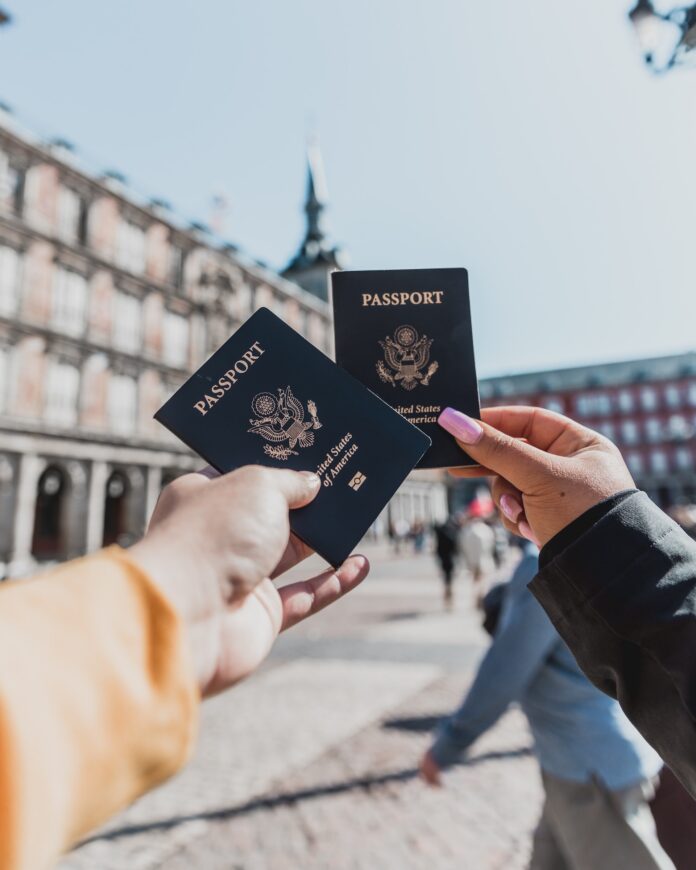The Double-Edged Sword of Dual Citizenship
In today’s increasingly interconnected world, dual citizenship has become less of an anomaly and more of a growing trend. Holding citizenship in two countries can offer a wealth of benefits, but it’s not without its drawbacks. Here, we’ll delve into the advantages and disadvantages of dual citizenship for young adults aged 20 to 50, helping you make an informed decision on whether or not it’s right for you.
The Alluring Advantages
- Broader Career Opportunities
– Access to two job markets and the ability to work without a visa in both countries can significantly broaden your career prospects.
– Increased networking opportunities stemming from cultural connections and shared experiences.
- Educational Perks
– Eligibility for higher education in both countries, often at local tuition rates.
– Possibility to pursue unique study abroad programs and research opportunities.
- Travel and Residency Ease
– Simplified travel between your two countries of citizenship, often with shorter lines at customs.
– The ability to reside, purchase property, and open bank accounts without restrictions in both countries.
- Cultural Enrichment
– A deeper understanding of, and connection to, two different cultures.
– The ability to pass down dual citizenship to your children, offering them the same opportunities and advantages.
Navigating the Challenges
- Tax Implications
– Dual citizens may be subject to taxes in both countries, depending on their residence and income sources.
– The need for careful financial planning and adherence to tax laws in both countries to avoid penalties.
- Military Service and Civic Duties
– Some countries require mandatory military service or civic duties, which could affect dual citizens.
– The need to be aware of and fulfill obligations in both countries.
- Political Intricacies
– Dual citizens may be prohibited from holding certain government positions or voting in both countries.
– The potential for diplomatic conflicts if tensions arise between the two countries.
- Administrative Hurdles
– The process of obtaining dual citizenship can be complex, lengthy, and costly.
– Ongoing requirements to maintain citizenship, such as passport renewals and staying informed on changing laws.
Weighing Your Options
Ultimately, the decision to pursue dual citizenship depends on your unique circumstances, goals, and priorities. For some, the benefits of expanded opportunities, cultural connections, and ease of travel may outweigh the challenges of navigating taxes, military service, and administrative hurdles. However, it’s essential to carefully consider the potential pitfalls before embarking on the journey towards dual citizenship. By weighing your options and conducting thorough research, you can make an informed decision that best aligns with your aspirations and values.





















